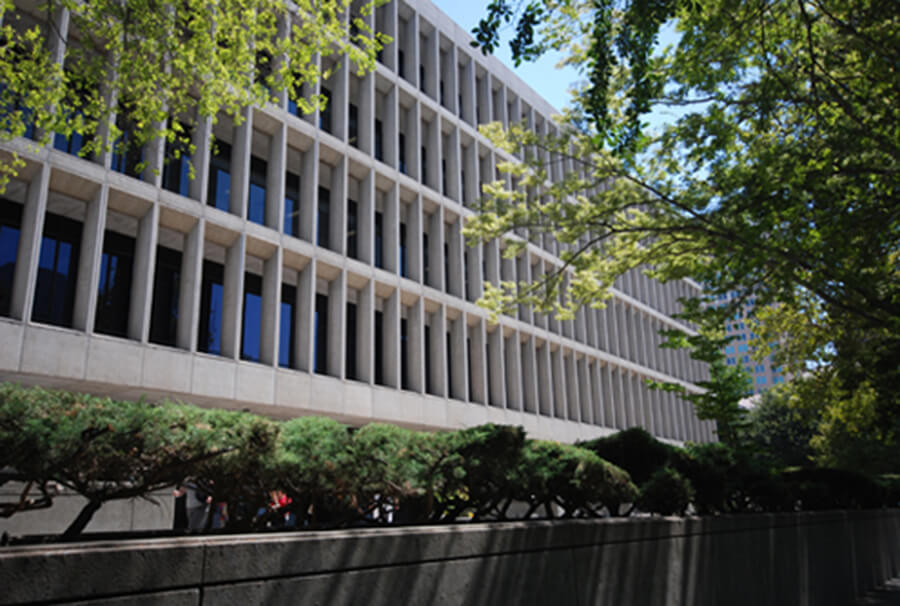
CALIFORNIA SUPREME COURT ENDORSES GLASKI: HOMEOWNERS CAN CHALLENGE ASSIGNMENTS OF DEEDS OF TRUST BASED ON THE ASSIGNMENT BEING VOID
February 22, 2016
In a victory for homeowners facing foreclosure, the California Supreme Court issued a decision that allows homeowners to challenge the improper assignment of their deed of trust based upon unscrupulous practices by the banks which led to the mortgage melt down and financial crisis. For the millions of homeowners who lost their home or are in jeopardy of losing their homes, this ruling gives further fuel to fight against the big banks and stay in their homes.
Last week, the California Supreme Court issued a lengthy thirty (30) page unanimous decision in the matter of Yvanova v. New Century Mortgage, Supreme Court case number S18973, which endorsed Glaski (a case that held homeowners could challenge void assignments) and disapproved the Jenkins/Gomes line of cases, which most California lower courts have followed, a holding that did not permit homeowners challenge assignments under most circumstances.
Previous to this ruling, homeowners did not have cause to contest their foreclosure as they were indebted to the holder of their deed without being allowed to challenge its assignment. The ruling gives homeowners and their lawyers a substantial cause to challenge any person or institution that claims to be entitled to collect on the debt. The ability to argue the validity of the assignment of the deed gives homeowners a fighting chance to remain in their home and not disrupt their families.
The Court stated, “The borrower owes money not to the world at large but to a particular person or institution, and only the person or institution entitled to payment may enforce the debt by foreclosing on the security.”
The Court, in distinguishing Glaski from Jenkins stated, “We conclude Glaski, supra, 218 Cal.App.4th 1079, was correct to hold a wrongful foreclosure plaintiff has standing to claim the foreclosing entity’s purported authority to order a trustee’s sale was based on a void assignment of the note and deed of trust. Jenkins, supra, 216 Cal.App.4th 497, spoke too broadly in holding a borrower lacks standing to challenge an assignment of the note and deed of trust to which the borrower was neither a party nor a third party beneficiary.”
The opinion held that a non-judicial foreclosure can only be conducted by either the original lender or the assignee or agent thereof. An allegation that the assignment was void, and not merely voidable, will support a cause of action for wrongful foreclosure.
While the opinion states very clearly that its holding was narrow and is confined to permitting a homeowner to assert a cause of action for wrongful foreclosure after the sale has taken place based on a void assignment, as that was the point that a real injury had manifested and thus the homeowner has standing to seek redress for that injury. The opinion did not address whether a loan that was securitized and transferred post-closing date is a void assignment.
Banks and servicer attorneys that relied on cases such as Jenkins, Gomes, Khan v. Recontrust,, Kan v. Guild Mortgage Co. and Siliga v. Mortgage Electronic Registrations Systems, Inc. to argue why a homeowner cannot challenge the assignment can no longer make that argument.
The Supreme Court ruling is just one victory, but without an attorney who understands how to use this ruling in your favor and who keeps abreast of the changes to the law, you are still in jeopardy of losing your home.
The Law Offices of Jason W. Estavillo, PC is committed to helping homeowners in the Alameda, San Francisco, Sonoma, Santa Clara, Santa Cruz, Monterey, Orange, Los Angeles, San Mateo, Napa, Solano and San Diego counties remain in their homes. We have a winning history against the banks and are committed to helping you, too.
If you are facing a foreclosure or if your house has been foreclosed upon, please contact us for a free phone consultation to see how we can use this new law in the fight against the banks and services to keep you in your home or possibly get your home back or damages for the wrongful foreclosure.
For more information, please visit our website or follow us on twitter.


